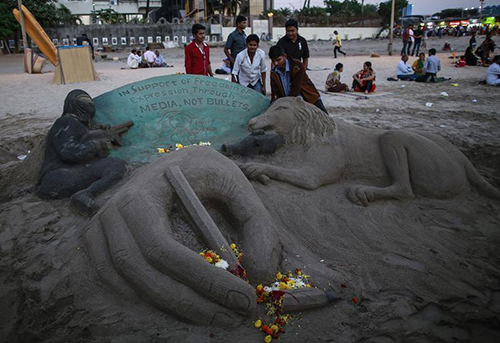Sumit Galhotra/CPJ Asia Program Research Associate
Sumit Galhotra is the research associate for CPJ's Asia program. He served as CPJ's inaugural Steiger Fellow and has worked for CNN International, Amnesty International USA, and Human Rights Watch. He has reported from London, India, and Israel and the Occupied Territories, and specializes in human rights and South Asia.
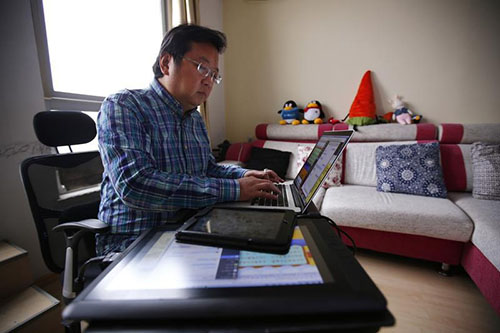
Chinese cartoonist Rebel Pepper struggles to survive in self-imposed exile
When calls for Wang Liming to be arrested were made on a forum hosted by China’s state-controlled press last year, the satirical cartoonist who lampooned the Communist Party leadership decided it would be safer to stay in Japan, where he had been traveling. But while he may have avoided possible arrest, the cartoonist, known as…
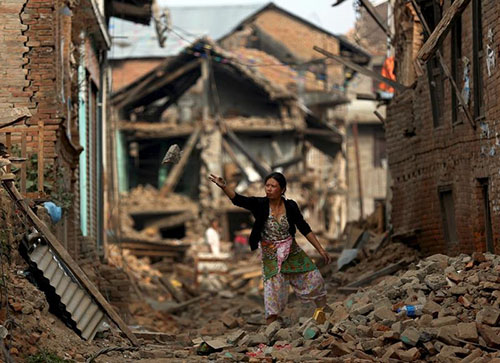
Mission Journal: In Nepal, finding solutions to better protect press
The devastation caused by the earthquakes in Nepal is a reminder of the indispensable role played by relief workers, medical teams, and other key actors on the front lines. Among them are many journalists who, on the most basic level, serve as witness to those affected and share their stories with the world.
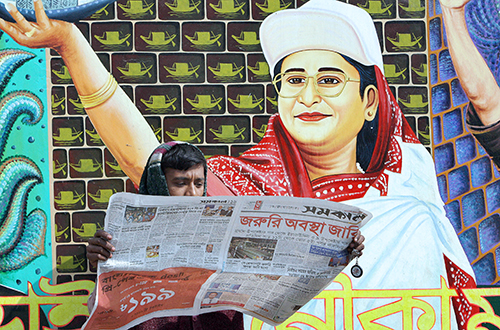
Mission Journal: Bangladeshi press reined in as Hasina exerts authority
Matiur Rahman Chowdhury has been the host of “Frontline,” a popular Bangla-language news show, for five years. Aired live three times a week, the show gained notoriety for bringing politicians, members of civil society, and journalists together to discuss current affairs. Chowdhury distinguished himself from many of his counterparts with his soft-spoken but firm demeanor…
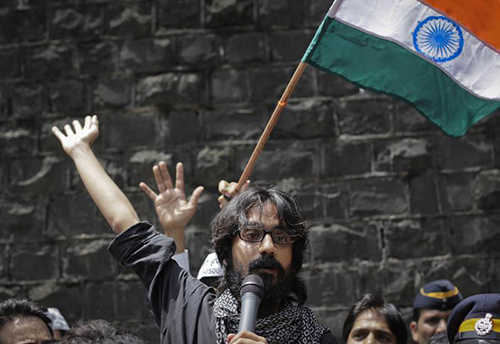
India’s landmark online speech ruling is step toward greater press freedom
In an historic decision, India’s Supreme Court on Tuesday struck down part of a law used to silence criticism and free expression. While this marks a pivotal victory that has been welcomed in many quarters, many challenges remain for press freedom in the country.
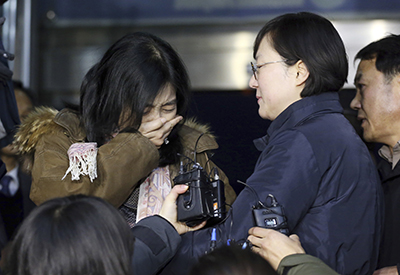
In South Korea, deportation and defamation cases mark slide in press freedom
South Korea has been hailed by many as a bastion for democracy and press freedom, especially in comparison to its twin to the north, which for years has been featured on the Committee to Protect Journalists’ most censored list. However the recent stifling of critical voices in South Korea, including cases of arrests, deportation, and…
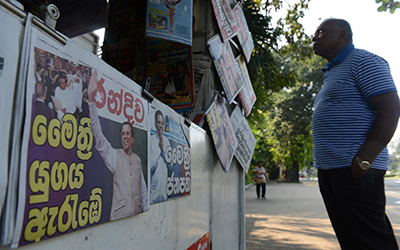
How Sri Lanka’s new president can ease decade of repressive press measures
The stunning defeat of Sri Lanka’s incumbent president Mahinda Rajapaksa by challenger Maithripala Sirisena on Friday has given way to questions about what changes, if any, will come for press freedom in a country that had grown deeply repressive under the previous leadership.
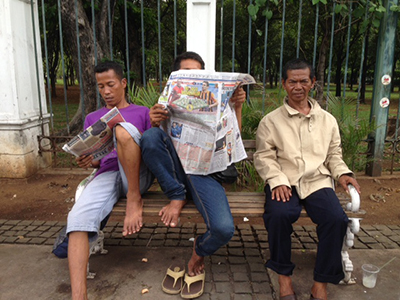
Mission Journal: Window of opportunity to advance press freedom in Indonesia
A sense of optimism seems to be filling the streets of Jakarta after the election of President Joko Widodo, who took office a few weeks ago. Against this backdrop of hope, the Committee to Protect Journalists joined other press freedom and freedom of expression groups for a series of meetings in Indonesia’s capital and Bali…
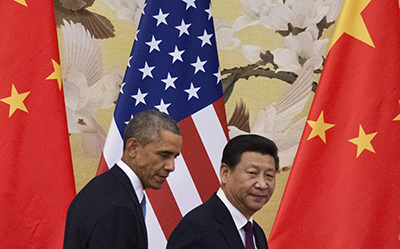
Amid US-China talks, tough words from Xi Jinping for foreign press
Chinese President Xi Jinping issued tough words on the visa woes of international media outlets today, arguing that journalists facing visa restrictions had brought trouble on themselves and signaling that there will be little respite for the international media in China.
